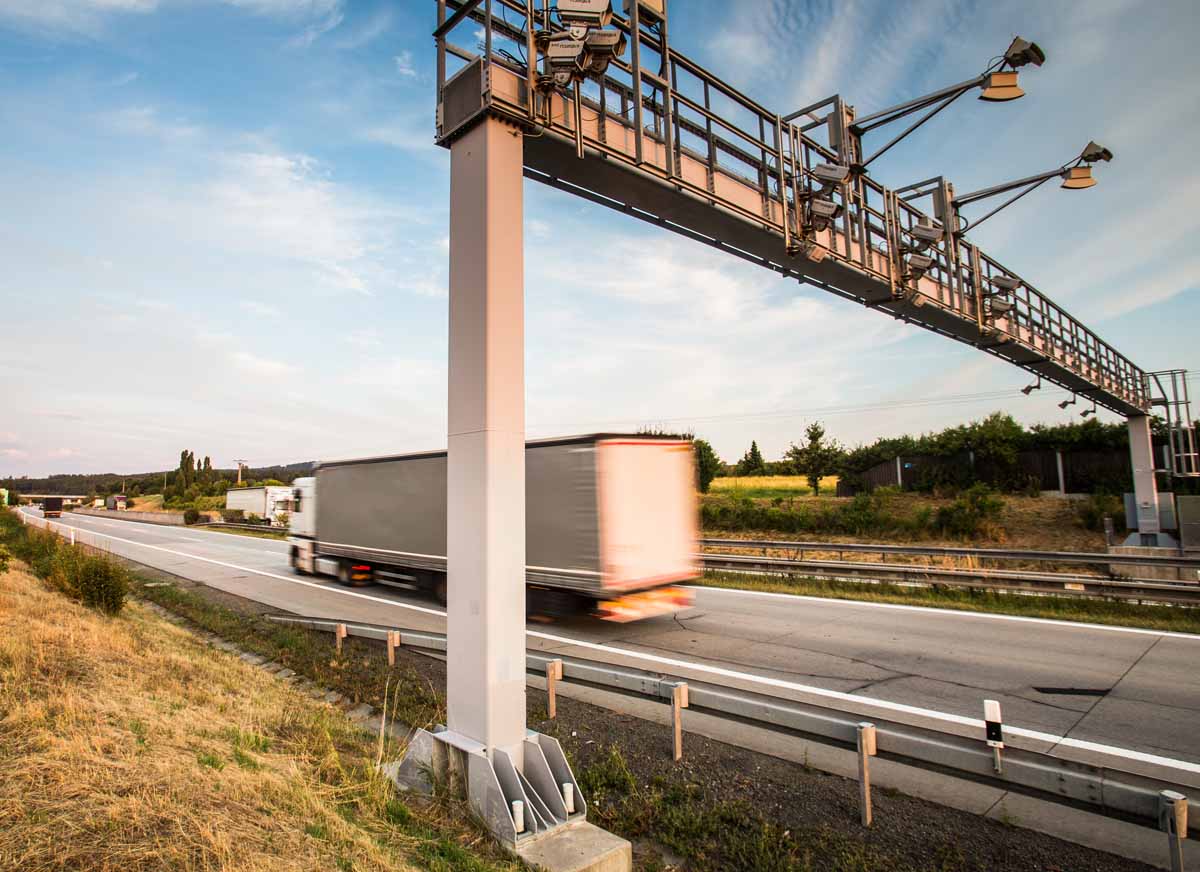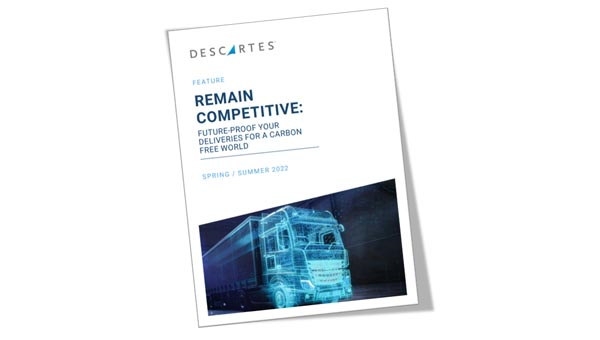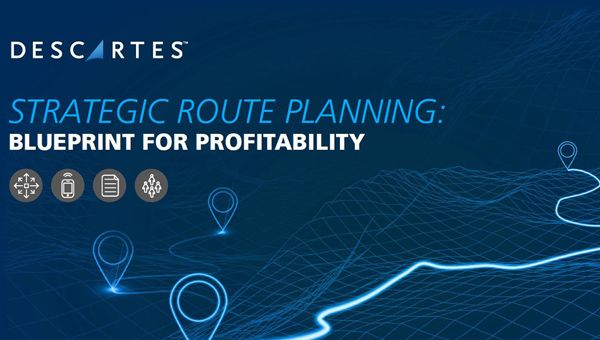Gradual introduction of road tolls planned

As the UK starts to move away from internal combustion engine (ICE) powered vehicles and embrace electric or alternative solutions such as hydrogen, the government will lose significant fuel duty tax revenue.
When combined with the current incentive of zero road tax for zero-emission vehicles, to incentivise people to switch to less polluting vehicles, the result is a rapidly decreasing income stream as we see a rapid increase in electric vehicles (EVs). The recent increases in fuel costs are also increasing interest in alternative sources of power for vehicles and hastening the transition.
Electric vehicle implications for tax
The transition to electric vehicles could result in a £30 billion revenue shortfall, equivalent to a 2p increase in the basic rate of income tax. Alternatives are under consideration to replace the lost revenue, ranging from new emission-based levies for HGVs to various methods of road tolls.
Boris Johnson stated to a House of Commons Committee, just days before his resignation that road pricing will eventually have to be considered and that the lost revenue will undoubtedly have to be replaced, while all possible solutions to fill the gap are being considered. It is inevitable that some kind of scheme will be introduced to fill the gap and haulage companies need to consider what those possible future taxes might be so that they are prepared for them.
Introducing a new UK road toll scheme
One possible scheme would see the gradual implementation of road tolls, with an increasing number of road charging schemes being implemented on specific roads.
If this occurs, delivery planners will face increasing pressure to optimise their routes for both fuel efficiency, cost, and customer demands. Due to the various charges that will apply, the fuel that would be used to avoid any toll roads, and the increasing congestion caused by other vehicles also avoiding those toll roads, so calculating the best routes will become increasingly difficult.
Therefore, haulage and delivery companies should consider implementing delivery scheduling and route optimisation software as soon as possible, which can benefit from not only the most recent traffic updates for the time of day and direction of travel but also the implication and automatic calculation of road tolls. The software selected must be future-ready in terms of the types of vehicles it will need to route, such as electric or hydrogen, and know the distances each can travel, where recharge stations are located, and how long it will take to recharge, while also incorporating the rules and regulations of driving hours and the breaks commercial drivers must take.
To improve your service and keep delivery costs under control contact us to discuss our latest Delivery Scheduling and Route Optimsiation Software with AI.


